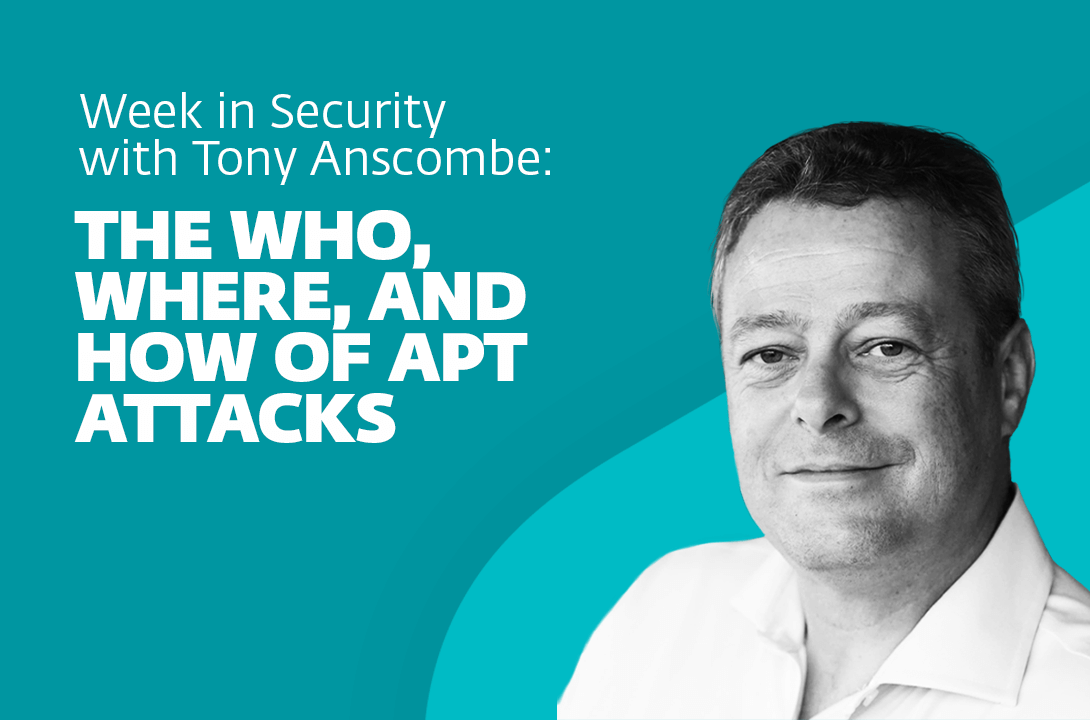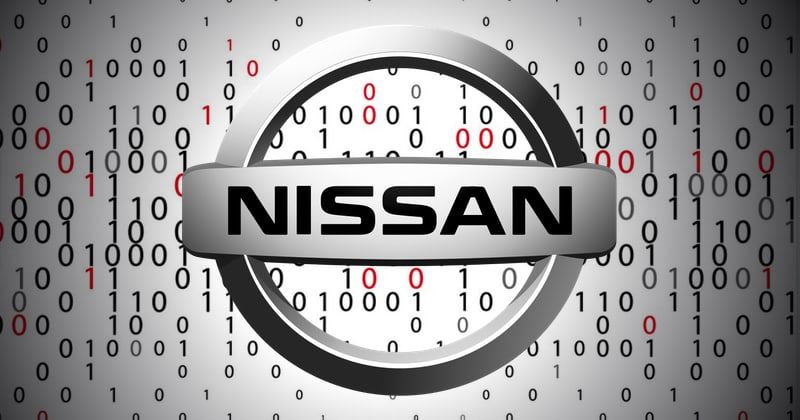Edward Jones’ CIO Frank LaQuinta plays to win
You can lead by making decisions, feeling empowered to do so and empower others closest to the work. Leadership is helping others and proactively looking for ways to support and encourage others.

You can lead by making decisions, feeling empowered to do so and empower others closest to the work. Leadership is helping others and proactively looking for ways to support and encourage others. It’s focusing on both strategy and execution and being thoughtful about alignment opportunities, impacts, risk-taking, and making the impact you seek to make.
Leaders need to have a strong focus on talent — on attracting, developing, and retaining highly skilled talent, as well as focusing on their own development plans. Leadership is also about being visible, especially in tough times, and holding yourself accountable — always.
The leadership principle encourages leading with innovation — trying new things and creating a safe space for associates to take calculated risks to drive innovation. As a leader, you must share your story. And, of course, recognize successes and thank others publicly and privately.
This principle reminds us that there are leadership moments every day, and you need to seize them to deliver real change.
I’ve always observed that the best leaders are also the best learners. Tell us about your principle of learning.
Every day I seek to learn something new and give something back. If I can do that, it is a good day. And [Edward Jones Managing Partner] Penny Pennington has also encouraged us to ‘get comfortable with being uncomfortable’ and go from ‘know-it-alls’ to ‘learn-it-alls.’
In a world that is moving at a breakneck pace every day, you have to find time to learn new skills, both technology skills and life skills. And learning becomes contagious; if others see you are actively looking to improve yourself, they will know it is safe and good to do so as well. This is never more evident in the world of AI. Very few people are AI experts, so it is a whole new playing field. Why not take the opportunity to learn, achieve, and compete, and make the world a better place?
Communication and understanding are the next two principles, and they go hand-in-hand. Why are these principles so important for technology leaders, in particular?
Any transformation must start with your why. Why do we need to change? What is the impact? What is your role and opportunity in that change? How does it affect you, challenge you or intimidate you? Does it make you feel uncomfortable?
Communication is key. And it can never be one and done. You have to tell your story every day. And embrace the champions of change and work double time on the doubters. Communication is also about listening. You have to listen to feedback and incorporate that in your communication. When people feel heard, they also know that the future is not fully written, and they have the opportunity to help shape it. Not everyone will love the message around change, but your communication needs to make the associates see themselves in that change so that they can be part of what’s to come.
Understanding is next, because communication without understanding is incomplete. Talking at someone and not listening to their questions doesn’t lead to understanding and positive actions. So, you have to make sure that you follow up with listening posts, open Q&A, and suggestions on how to make a plan better. The more associates understand where we are headed, the greater impact they can make on our future.
Last is playing to win. Unpack that one for us.
When you decide on strategy or where to play, you must play to win. But that needs to be a very broad win. What we do together has to benefit our firm, associates, clients, and the communities we serve.
As leaders, we are in service to our organization and teams, and we need to set the ambition and create the conditions that help others achieve and win. That is why I think about playing to win in terms of a championship team, not just an all-star team.
A championship team plays to win by:
- Showcasing their leadership impact to strengthen trust — again, promises made, promises kept.
- Challenging each other to improve and take risks.
- Focusing on clear stakeholder outcomes — not just motion, but true progress — and outcomes that can be measured.
- Creating clarity on how short-term choices impact or align to longer-term strategic choices.
- Putting an emphasis on straight talk — say what you mean, mean what you say, and don’t beat around the bush. Debate openly and professionally in the room. Don’t walk past something.
- Pulling others into the conversation — this means no idle bystanders and no overly dominant voices. Silence equals disagreement.
- Stating what we will and won’t do.
- Celebrating, enjoying the ride, and having fun.
The world keeps score, so we need to play to win.
I appreciate how you apply this Playing to Win principle professionally as you oversee a $1.5B technology and ops budget. You’re also still active as an athlete, recently participating in Cardinals Fantasy Camp. Do you have any highlights to report?
I played hockey most of my life, but recently I started to get injured to the point where I figured I needed to choose a different sport. My colleague and friend Tim Rea, our chief marketing officer at Edward Jones, had been playing Cardinals Fantasy Camp baseball for several years and I asked him if I could come along. By the way, he is the real deal — he played college ball at Harvard. I hadn’t played baseball in decades, so it took me a bit to get back in the swing of things. But I am also a quick study, so I picked it back up again pretty quickly.
Each team gets a pro on their team, and in one of the round robin games, I was on the mound facing Ray Lankford, who is a big lefty. You have to pitch to the pro legends, because if you walk them, a runner takes the base for them and you have to keep pitching to them. There is no pitching around the pro legend. So, Tim, who is a catcher — or as we like to call ourselves, the EJ battery — kept on calling for curve balls. Ray kept fouling them off, mostly because the ball wasn’t curving, and then one caught the outside of the plate for strike 3. There was a moment where no one knew what to do. He was shocked and I was even more shocked, and Tim was laughing. It was a great moment — and I kept that ball.
The next time up I noticed that Ray was crowding the plate — because of my devastating curve ball (not really, but I can dream), so I channeled my best Bob Gibson and I hit him. He was not happy, and when I got to first base later in the game after getting a hit, he put his glove on my head and said, ‘Never do that again,’ to which I responded, ‘Yes, Mr. Lankford.’ So that was my brief 15 minutes of fame.
Fantasy camp really is a great experience, and Tim and I will be doing the St. Louis camp again this year in June and the Cooperstown camp in September, so wish us luck!
Learn more from Frank LaQuinta’s leadership playbook and principles by tuning in to the Tech Whisperers podcast.









